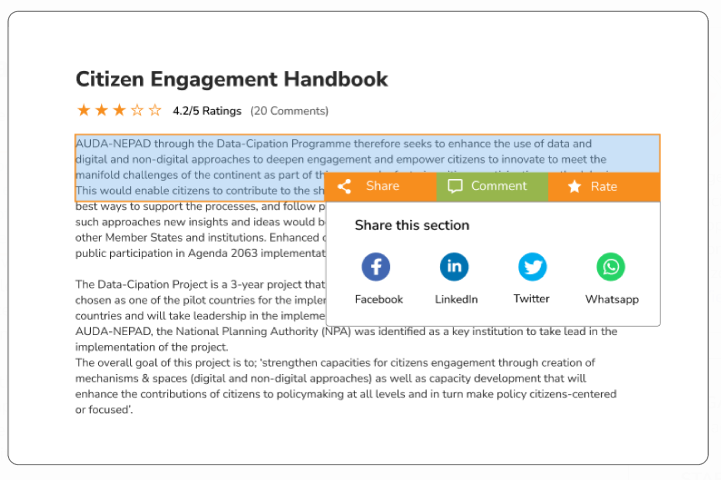
IGAD - Intergovernmental Authority on Development
The Intergovernmental Authority on Development is an eight-country trade bloc in Africa. It includes governments from the Horn of Africa, Nile Valley and the African Great Lakes. It is headquartered in Djibouti.
View InstitutionThe Intergovernmental Authority on Development is an eight-country trade bloc in Africa. It includes governments from the Horn of Africa, Nile Valley and the African Great Lakes. It is headquartered in Djibouti.
View Institution







Comments (6)
★ ★ ★ ☆ ☆ 2 Rating(s)